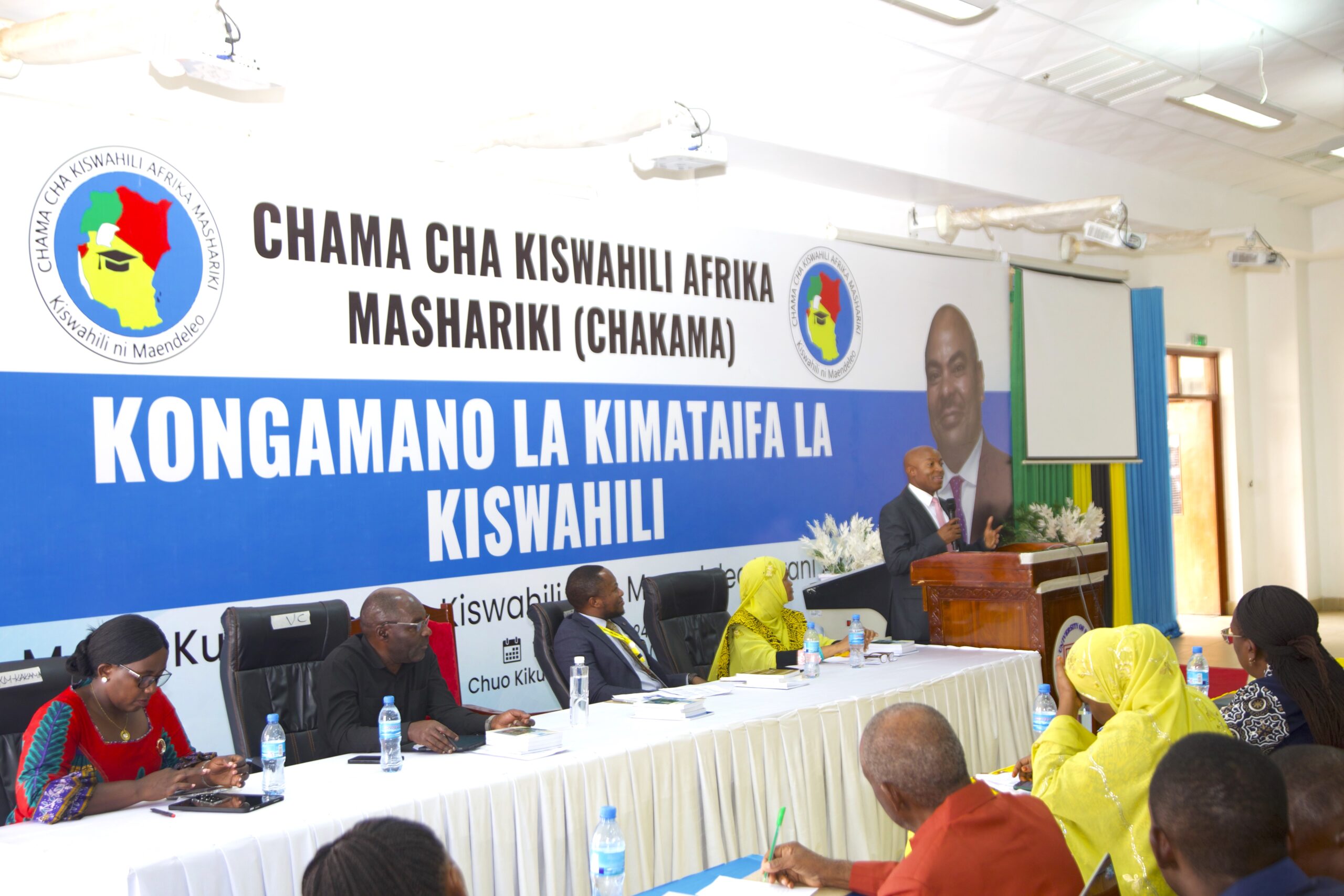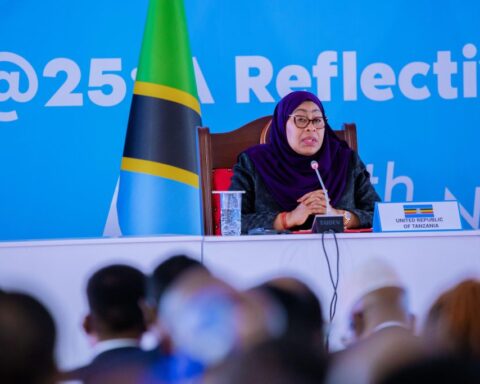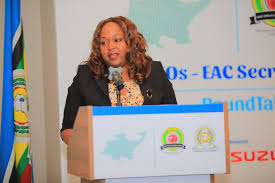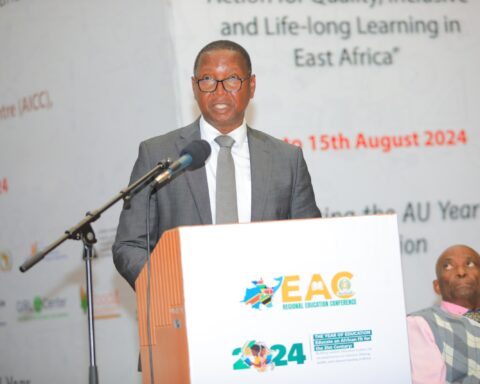Deputy Minister of Foreign Affairs and East African Cooperation, Hon. Cosato Chumi, officially opened the International Kiswahili Conference organized by the East African Kiswahili Association (CHAKAMA) at the University of Dodoma on behalf of Minister Hon. Mahmoud Thabit Kombo.
The conference, themed “The Kiswahili Language for Development in Africa,” brought together Kiswahili experts, researchers, and stakeholders from East African countries and around the globe.
During the conference opening, Minister Chumi highlighted Kiswahili as a unifying language for Africans, particularly those south of the Sahara Desert, emphasizing its historical significance during the struggle for freedom.
Discussing the Ministry’s role in promoting Kiswahili globally, Hon. Chumi noted the collaborative efforts with local and international partners that led to Kiswahili being recognized as the first African language by UNESCO.
Also Read:Economic Issues, Inflation Major Challenges in East Africa
He also mentioned the Ministry’s ongoing commitment to prioritize Kiswahili through a revised Foreign Policy, aiming to enhance the language’s global presence and usage beyond national borders.
Furthermore, Dr. Zainabu Idd, the conference organizer, commended the Tanzanian Government for its continuous support and promotion of Kiswahili both domestically and internationally. She urged stakeholders to further promote Kiswahili on various international platforms, including major events like AFCON, to elevate its significance and attract more global users.
The Ministry of Foreign Affairs and East African Cooperation, in partnership with various stakeholders, has expanded the use of Kiswahili in Regional Communities such as SADC, EAC, and AU, where the language is increasingly utilized in diverse meetings.
Moreover, the Ministry continues to implement strategies to advance Kiswahili, including establishing Kiswahili teaching classes in Tanzanian Embassies worldwide.
CHAKAMA, an association comprising Kiswahili lecturers from East African Universities, aims to unite Kiswahili stakeholders regionally and internationally through research and engaging discussions on the language.








I have been absent for some time, but now I remember why I used to love this blog. Thank you, I’ll try and check back more often. How frequently you update your site?